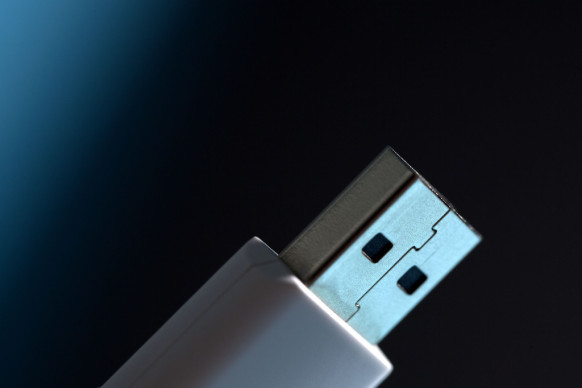California now has the best digital data protection law in the country (translation of WIRED article)

Translation of the article “California Now Has the Nation's Best Digital Privacy Law” from the WIRED website about the new law on the privacy of digital communications, adopted on October 8, 2015.
Legislation, even if not here, has finally turned its attention to the protection of privacy in a digital format.
The state of California continued its long-standing tradition of creating far-sighted privacy laws today, when Governor Jerry Brown signed a comprehensive privacy law law.
')
Historical by value, the Digital Communications Confidentiality Act prohibits any law enforcement or other investigating authorities from requiring the company or company to disclose any metadata or digital messages, including letters, texts, documents hosted in the cloud, without an appropriate warrant. Also, an order is now required to calculate the location of electronic devices such as mobile phones, or to examine their contents.
According to the American Civil Rights Union , this law, which passed easily through the legislature last month, is the most comprehensive and complete.
"This is a historic victory in the protection of digital data, and for all residents of California," - says Nicole Ozer, director of technology and civil liberties in the ACLU - American Union for the Protection of Civil Liberties . “We hope that this law will set an example for the whole country in protecting our rights to the confidentiality of digital data.”
In five other states, the law provides for an order to view the content and in 9 other countries you will need an order to track your GPS location. According to Lakes, California became the first state to introduce a full-fledged comprehensive law on the protection of local data, content, metadata and data viewing on devices.
“This is indeed a significant step forward in our modern digital age.”
State senators Mark Leno (Democrat, San Francisco) and Joel Anderson (Republican, Alpin) drafted a bill earlier this year to provide digital data with the same types of protection that analog messages have.
“Is there a logical reason why a handwritten letter stored in the drawer of a desk enjoys greater protection from unreasonable sleet from the state than a letter sent to a colleague by e-mail or a love message sent by SMS?” Leno said earlier this year. "It is meaningless and violates the right to liberty and privacy, which are guaranteed by the constitution to every inhabitant of California."
The law was widely supported by civil rights advocates, such as the American Civil Liberties Union and the Electronic Frontier Foundation , as well as major IT companies such as Apple, Google, Facebook, Dropbox, LinkedIn, and Twitter , whose head offices are located in California. He also received great support from the legislators of both Democrats and Republicans.
"For too long, California's privacy legislation on digital information has been stalled at the level of the Dark Ages, leaving our email, text messages, photos and smartphones increasingly vulnerable to unauthorized slezh," Leno said today. “This will end today, when the California Private Electronic Communication Act, an elaborate law that will protect the privacy of all California residents, will be signed. The law also ensures that law enforcement officers will have the necessary tools to continue the fight against crime in the digital age. ”
The law only applies to California law enforcement. Law enforcement agencies in other states are under the jurisdiction of their municipalities. Therefore, Lakes believes that it is very important to achieve the adoption of similar laws throughout the country.
This legislation not only puts California at the forefront of digital security among the states, but it is also ahead of federal legislation, where such legislative initiatives have not been developed.
Defenders of civil liberties for a long time tried to lobby for an amendment to the law “On the confidentiality of electronic communications” , which would extend it to the whole country. The amendment to the law passed through the US Congress, in which she had 300 supporters. However, this proposal was less common in the sphere of influence than the law signed by Brown, and would hardly have touched digital information. Currently, the Law provides for a warrant to view information with a statute of limitations of less than 180 days. The amendment would expand the need for a warrant for all digital content, regardless of the date of its creation.
California has long been a pioneer in protecting privacy. In 1970, voters amended the state constitution to provide more thorough protection of private rights, much more reliable than the one guaranteed by the fourth amendment to the US Constitution. Although an amendment to state law and all California residents the right to privacy, the legislators of the time could not foresee the technological breakthroughs that occurred in the coming decades. The law, signed today by Governor Brown, closes the loopholes left by the previous amendment, and “legally establishes what was laid down by the previous law,” adds Ozer.
“Of course, we hope that this legislation will be a prerequisite for a similar amendment at the federal level,” said Ozer in an interview with Wired. "This is not only a step forward for all residents of California, but, I hope, a case in point so that all Americans will receive such protection of private digital information."
Comments / suggestions are welcome.
Source: https://habr.com/ru/post/268633/
All Articles